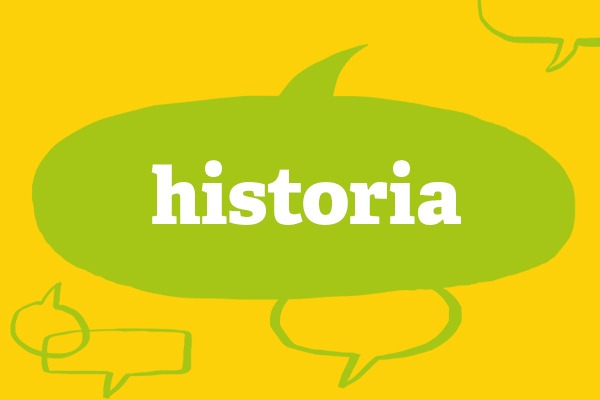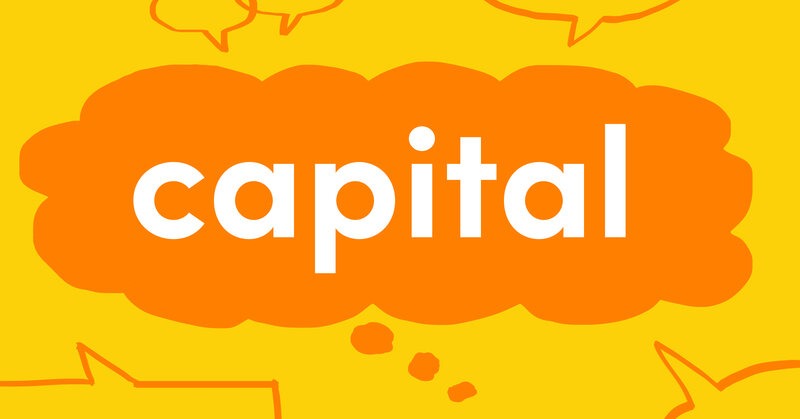This week’s Spanish word of the week is historia.
Historia is a noun that means history or story and you can find out how to pronounce it here:
In English the meanings of history and story often overlap. In fact they come from the same Latin word, historia (which, in turn, comes from the Greek ἱστορία). Spanish historia has kept the two meanings together under the umbrella of the Latin word from which it was derived.
Me encanta estudiar historia. I love studying history.
una atleta que ha hecho historia en el mundo del deporte an athlete who has made sporting history
Es una historia de amor que sucede en 1900. It’s a love story which takes place in 1900.
Es una larga historia. It’s a long story.
You know how some people always come up with the same tired old reason for not doing something? You can describe them in Spanish too!
Era Alex, con la misma historia de siempre. It was Alex, with the same old story.
Come back next week for a new word, and expand your Spanish vocabulary!




collins_dictionary_official
The home of living language. #wotd #wordlovers #collinsdictionary
Read our word of the week definitions and blog posts: